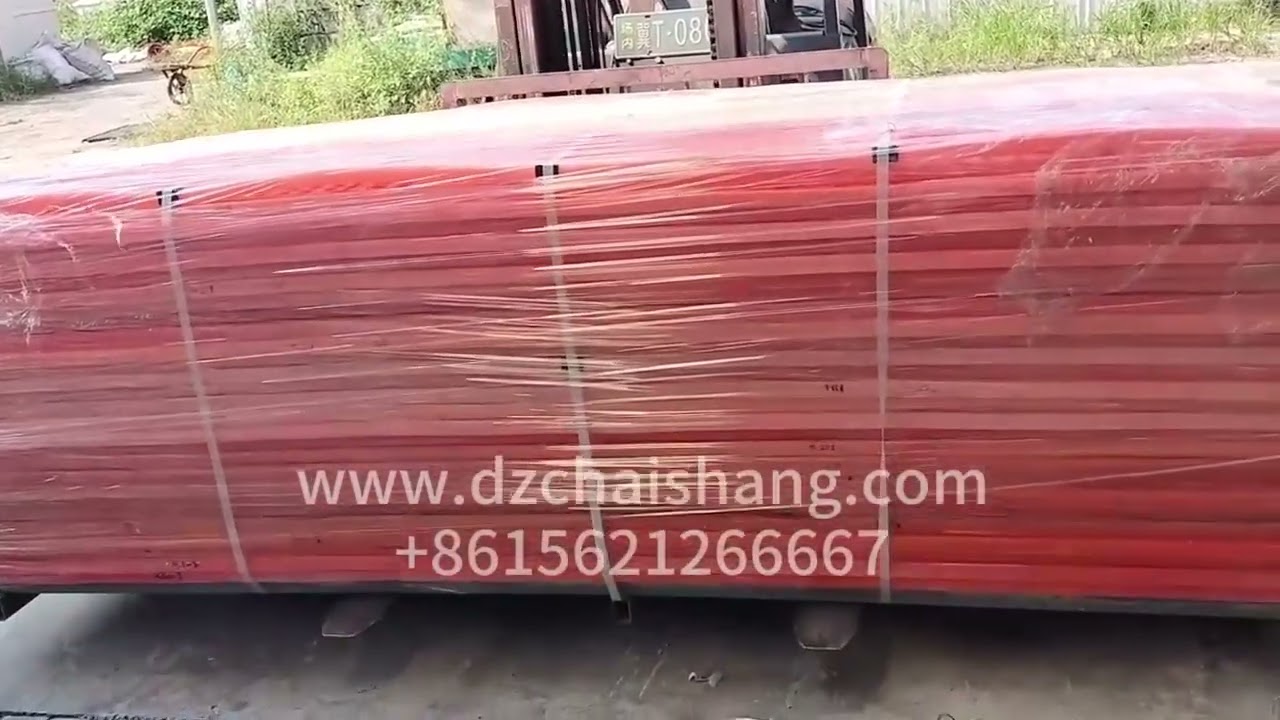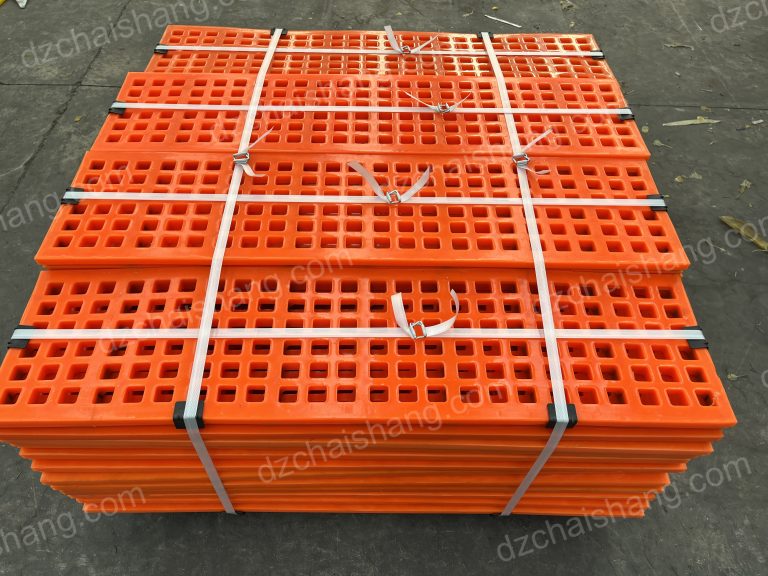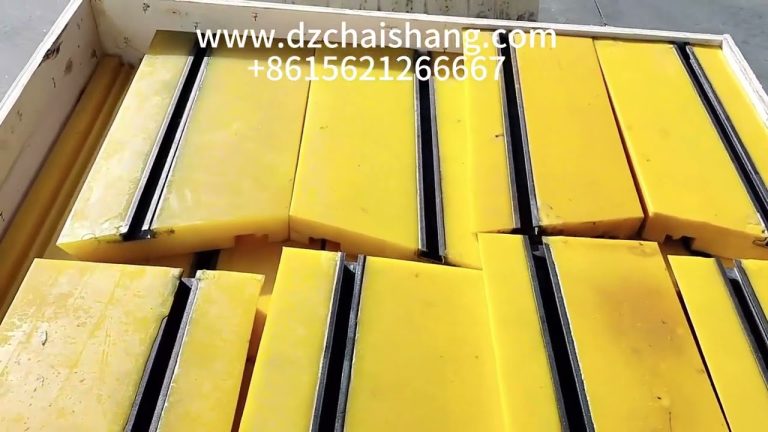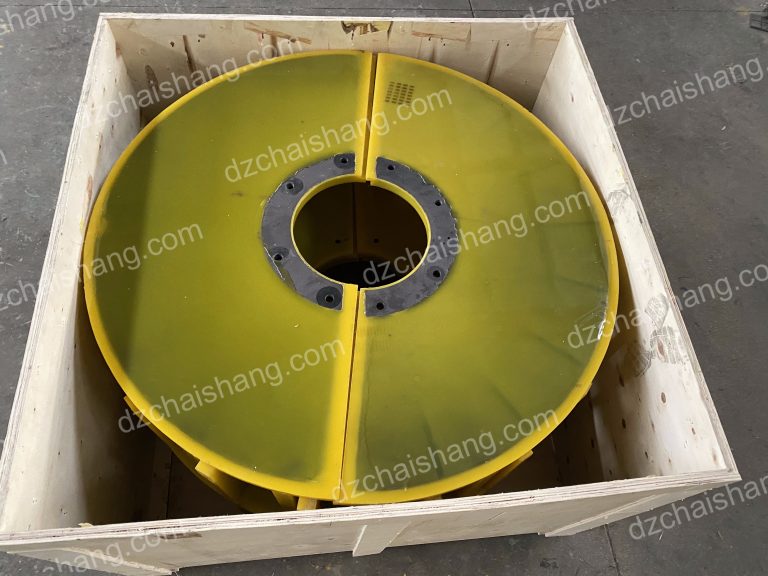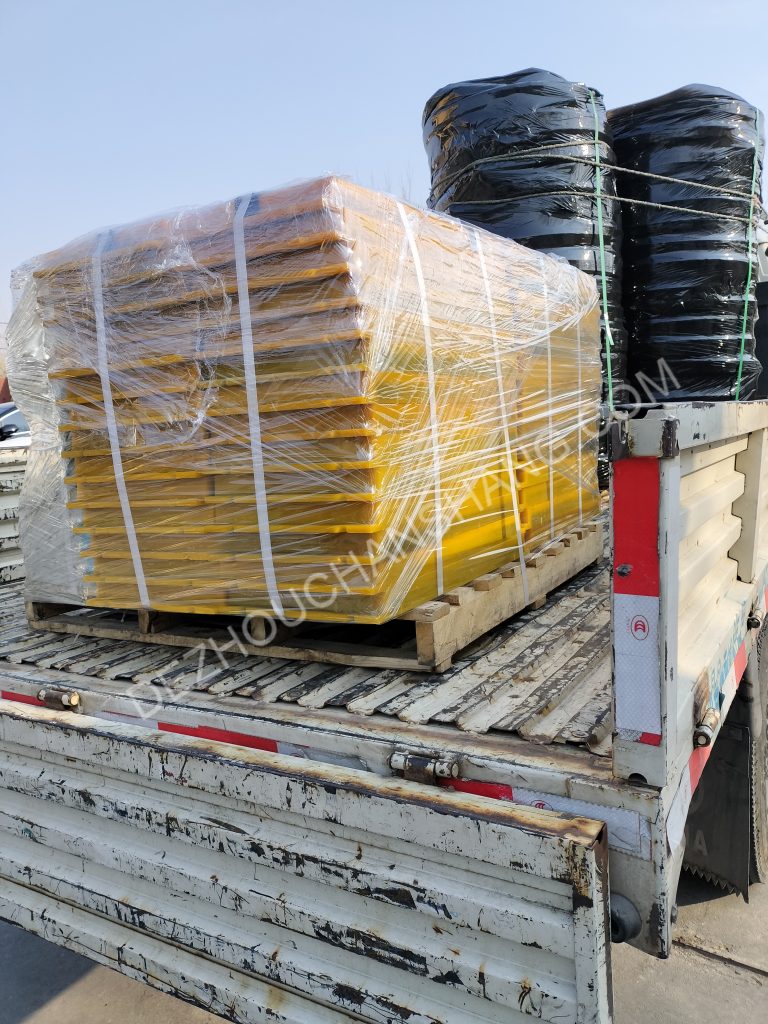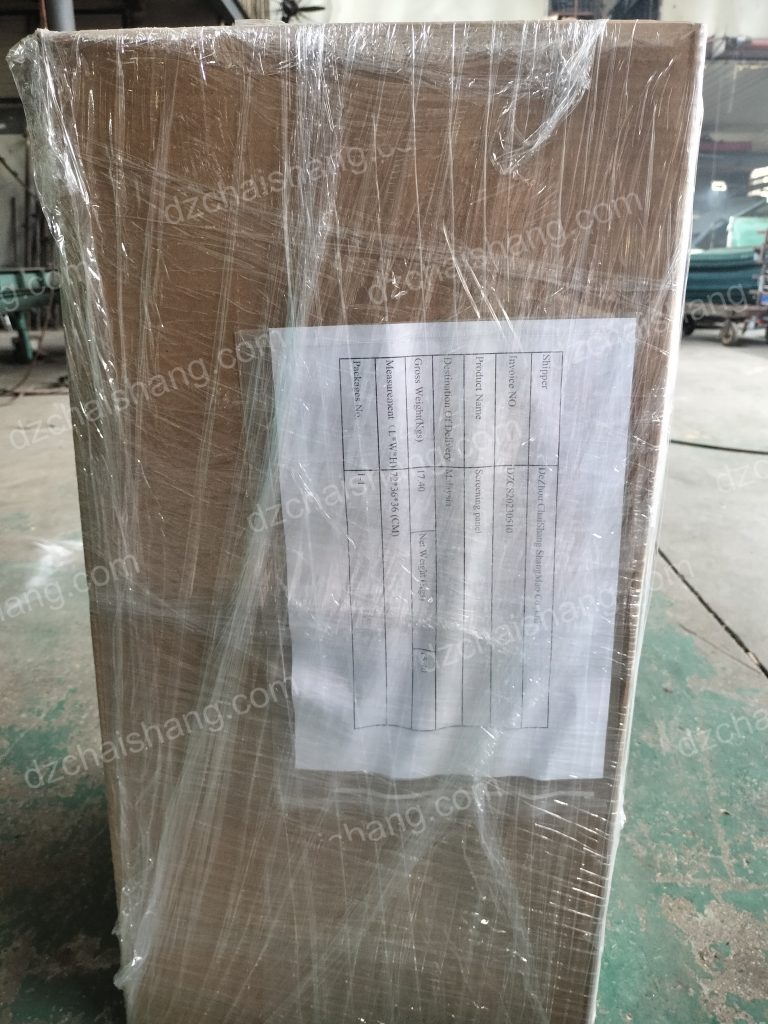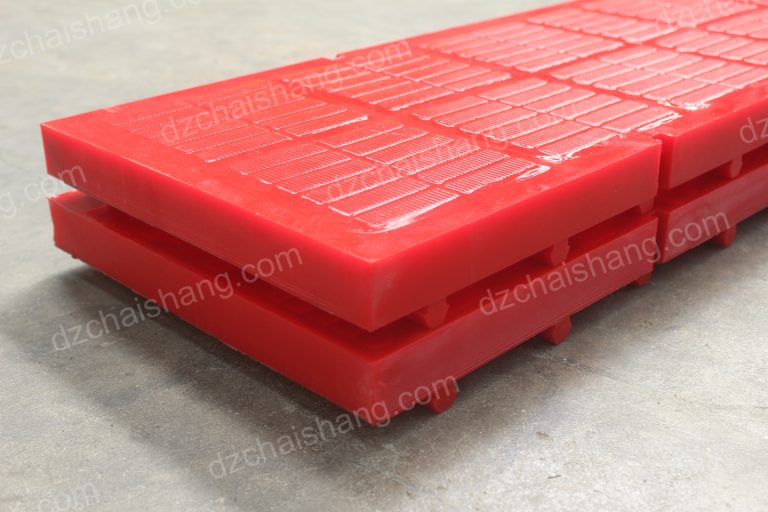polyurethane mesia,modular screen media,trommel screen mesh
Exploring the Benefits and Applications of polyurethane Mesia Polyurethane mesia, modular screen media, and trommel screen mesh are all integral components in…
Exploring the Benefits and Applications of polyurethane Mesia
Polyurethane mesia, modular screen media, and trommel screen mesh are all integral components in various industries, particularly in mining, construction, and waste management. These materials are renowned for their durability, flexibility, and efficiency, making them indispensable in numerous applications. This article aims to explore the benefits and applications of these materials, with a particular focus on polyurethane mesia.Understanding the Functionality and Advantages of Modular Screen Media
Modular screen media, polyurethane media, and trommel screen mesh are all integral components in the world of screening and sifting. These tools are used in various industries, including mining, quarrying, and recycling, to separate and classify different materials. Understanding the functionality and advantages of these screening tools can help businesses make informed decisions and optimize their operations.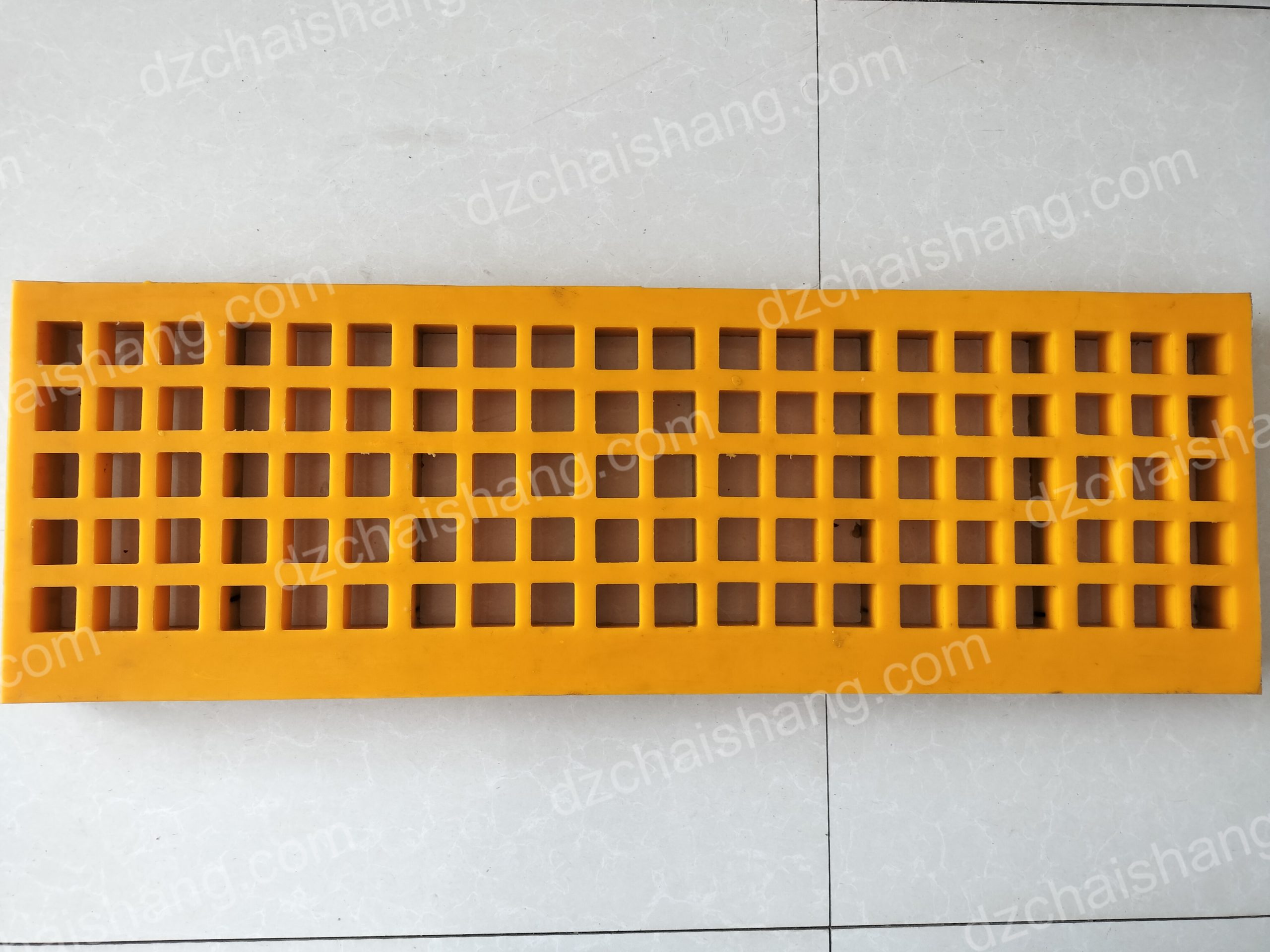 Modular screen media is a type of screening tool that is designed to be highly adaptable and customizable. It consists of individual modules that can be easily replaced or rearranged, allowing for a high degree of flexibility. This adaptability is one of the key advantages of modular screen media. It enables businesses to quickly and easily adjust their screening setup to accommodate different materials or changes in operational requirements. This can lead to significant time and cost savings, as it eliminates the need for a complete screen change when only a small section is worn or damaged.
Polyurethane media, on the other hand, is renowned for its durability and efficiency. Made from a type of polymer, polyurethane media is resistant to wear and tear, making it ideal for heavy-duty applications. It also offers excellent precision in screening, as it can be manufactured with a wide range of aperture sizes and shapes. This allows for accurate separation of materials, even at high capacities. Furthermore, polyurethane media is known for its noise reduction properties, which can contribute to a safer and more comfortable working environment.
Trommel screen mesh is another type of screening tool that offers unique advantages. Trommel screens, also known as rotary screens, consist of a cylindrical drum that is perforated with holes. As the drum rotates, materials are sifted through the holes, separating them based on size. One of the main advantages of trommel screen mesh is its ability to handle a high volume of material. This makes it particularly useful in industries such as mining and quarrying, where large amounts of material need to be processed quickly. Additionally, trommel screens are effective at preventing clogging, as the rotating action helps to keep the screen clean and clear.
In conclusion, modular screen media, polyurethane media, and trommel screen mesh each offer unique benefits that can enhance the efficiency and effectiveness of screening operations. Modular screen media provides flexibility and adaptability, allowing for easy adjustments and replacements. Polyurethane media offers durability, precision, and noise reduction, making it a reliable choice for heavy-duty applications. Lastly, trommel screen mesh excels in handling high volumes of material and preventing clogging, making it ideal for industries that require rapid processing of large amounts of material. By understanding the functionality and advantages of these screening tools, businesses can select the most suitable solution for their specific needs and optimize their operations accordingly.
Modular screen media is a type of screening tool that is designed to be highly adaptable and customizable. It consists of individual modules that can be easily replaced or rearranged, allowing for a high degree of flexibility. This adaptability is one of the key advantages of modular screen media. It enables businesses to quickly and easily adjust their screening setup to accommodate different materials or changes in operational requirements. This can lead to significant time and cost savings, as it eliminates the need for a complete screen change when only a small section is worn or damaged.
Polyurethane media, on the other hand, is renowned for its durability and efficiency. Made from a type of polymer, polyurethane media is resistant to wear and tear, making it ideal for heavy-duty applications. It also offers excellent precision in screening, as it can be manufactured with a wide range of aperture sizes and shapes. This allows for accurate separation of materials, even at high capacities. Furthermore, polyurethane media is known for its noise reduction properties, which can contribute to a safer and more comfortable working environment.
Trommel screen mesh is another type of screening tool that offers unique advantages. Trommel screens, also known as rotary screens, consist of a cylindrical drum that is perforated with holes. As the drum rotates, materials are sifted through the holes, separating them based on size. One of the main advantages of trommel screen mesh is its ability to handle a high volume of material. This makes it particularly useful in industries such as mining and quarrying, where large amounts of material need to be processed quickly. Additionally, trommel screens are effective at preventing clogging, as the rotating action helps to keep the screen clean and clear.
In conclusion, modular screen media, polyurethane media, and trommel screen mesh each offer unique benefits that can enhance the efficiency and effectiveness of screening operations. Modular screen media provides flexibility and adaptability, allowing for easy adjustments and replacements. Polyurethane media offers durability, precision, and noise reduction, making it a reliable choice for heavy-duty applications. Lastly, trommel screen mesh excels in handling high volumes of material and preventing clogging, making it ideal for industries that require rapid processing of large amounts of material. By understanding the functionality and advantages of these screening tools, businesses can select the most suitable solution for their specific needs and optimize their operations accordingly.
